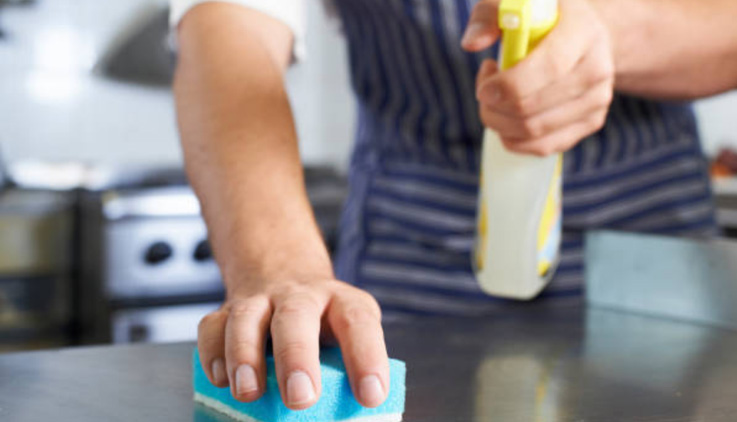Infection can happen any time at any place. Let it be the corridors of the giant chain of hospitals or a small single room clinic, the germs will not be quiet. Even if you are doing a simple blood sugar test with your home-kit, the chances of getting the infection through the blood-invaded cotton are still there. However, in all the places it can be controlled or even nullified if we are ready to take certain precautions.
As per the statistics provided by the Centers for Disease Control and Prevention, healthcare center related infection could happen to one among every 20 patients. The infection ranges from flu to several other serious conditions. In a healthcare center, while some of these infections can be addressed individually, most of them need a team-oriented approach and control strategies. Here is the list of five things that can keep the infection under control.
Hand Hygiene at the OTs
The hand is the most important infection carrier as it plays a major role in socializing. A surgeon should rinse his hands thoroughly before and after doing a surgical procedure. Even if there are gloves used, washing the hand is necessary. Make sure the gloves and the equipment provided are sterile or disinfected without any compromises. A ‘clean in & out’ approach is a mandatory requirement while addressing an ailing patient in the Operation Theatres. It is known that some of the infectious agents are airborne and they can create damage quicker than we expect. It is best to keep that in mind before we make close contact with anyone inside a hospital campus.

Surface Hygiene
Next to hands, the most common way of getting attracted to infections is through the surfaces. Let it be the medicine table, where the medicines are kept or the floor surfaces where people walk daily, an infection can originate everywhere. It is said that several types of bacteria can survive on certain environmental surfaces for a longer time than we expect. Whenever someone makes contact with the surface, the infection spreads both slowly and rapidly depending on the nature of the bacteria. The family members of the patients and the visitors should ensure they follow the proposed infection control protocols and help in creating a clean and infection-free environment for everyone. The housekeepers and the janitors should be educated about the threat the patients are facing because of the infections. Educational programs, higher environmental hygiene control teams monitoring the cleaning activities, and placing the infection data available throughout the campus can yield fruitful benefits.
Vaccinating, because prevention is better than cure!
Apart from the patients, one who is getting a direct contact with the infectious agents is the healthcare and hygiene team. The cleaning workers can be given a dosage of necessary vaccines as advised in order to prevent them from getting the infection. This preventive procedure works big time as it eradicates direct bacteria and virus transmissions thus reducing the chances-of-getting-infection percentage to a minimum level.

Pay more attention to the antibiotics
Advising the caretakers, nurses, and compounders about the clear usage of antibiotics for the bed-ridden patients can reduce the risk of contracting infections. If the antibiotics are misused or overused, it may develop resistance for the other drugs in the patients’ body. In this scenario,
if they are getting an infection, it is difficult to control its development. Appropriate selection of antibiotics and preparing a clear dosage chart can help to eradicate this backfiring and minimize the possibility of such events.
Constantly update the infection database
Maintaining a clear and understandable database about the infections happened and can happen should be made mandatory in all the healthcare centers. Assigned infection prevention agents should attend related conferences and spread the knowledge attained to everyone around them. Professional medical literature is something that is being updated regularly. Irrespective of whether it is useful to your organization or not, someone should keep regular tabs on that without fail.
Apart from all these things, appreciating all the professionals who are fighting hard to keep the infection at bay is not only necessary but also the right thing to do. Conducting several competitions related to that and honoring the ones who had delivered a stunning performance can encourage and inspire the others to do the same.

